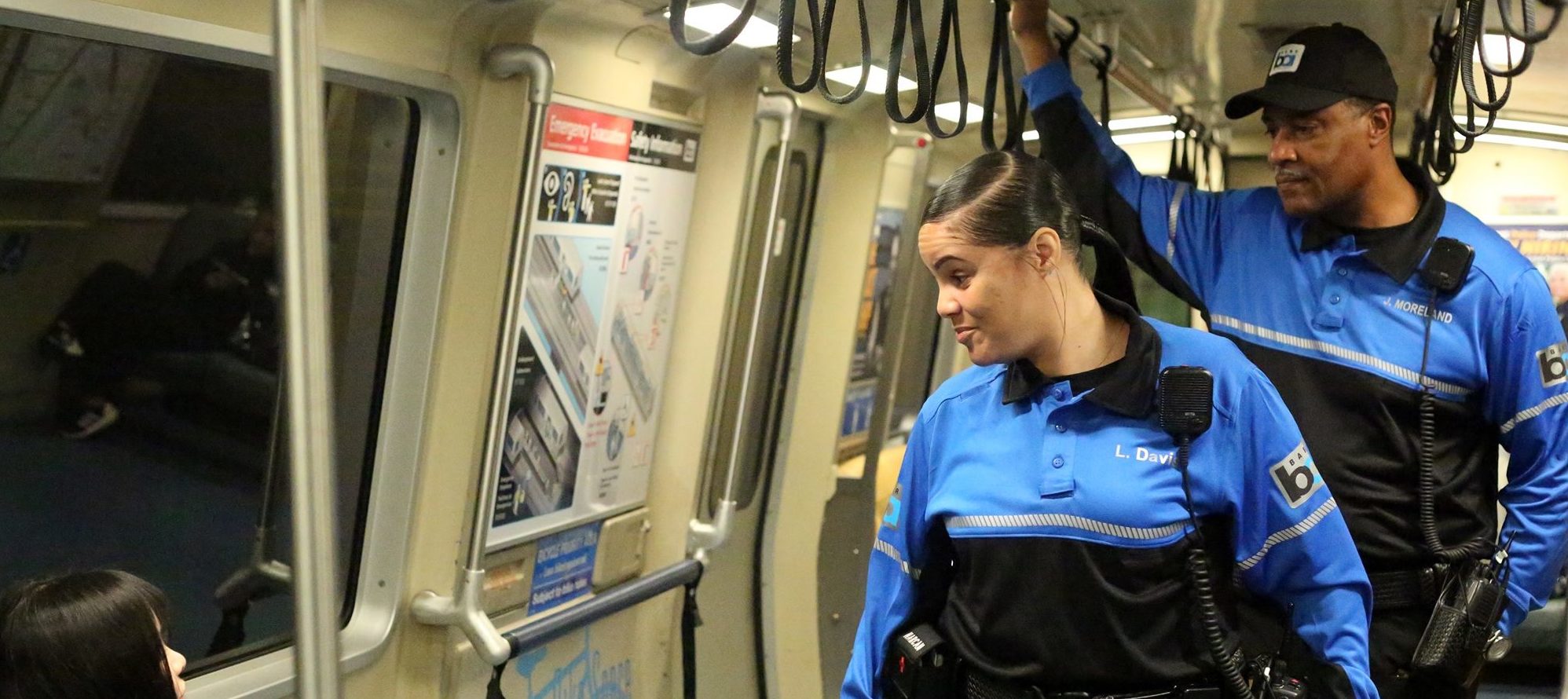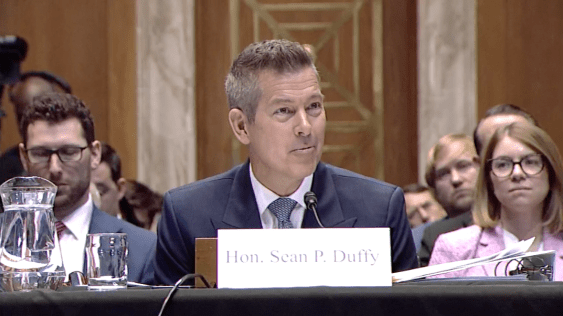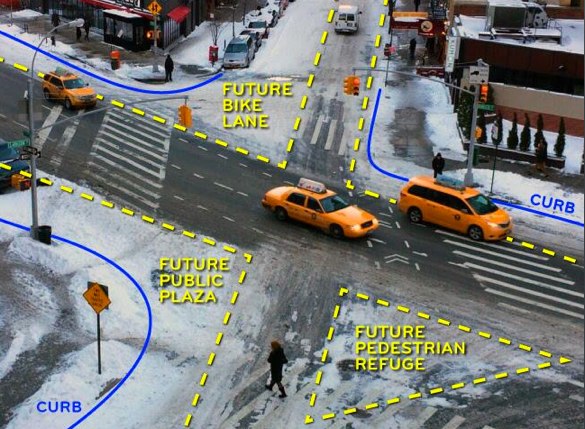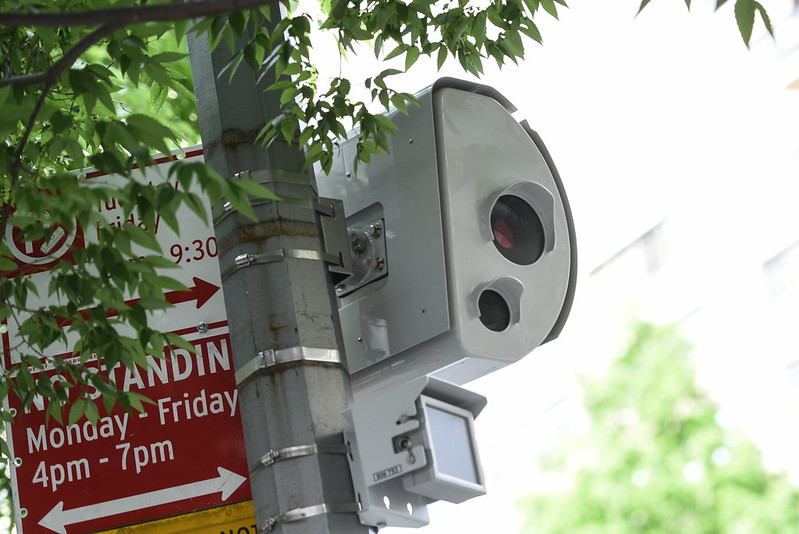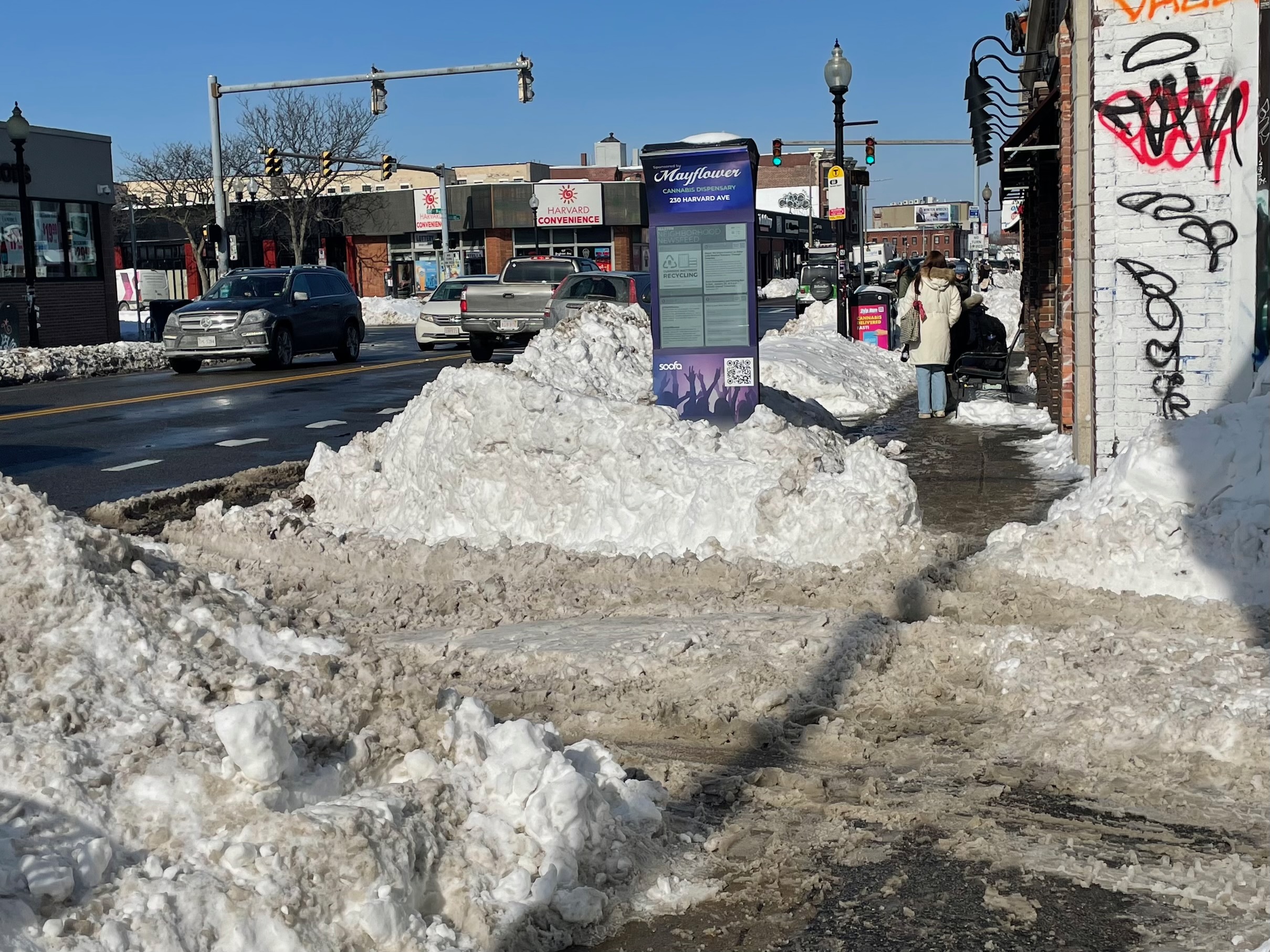While the Massachusetts State House ponders significant reforms to fare enforcement on the MBTA, and – in separate legislation – to policing in general, the MBTA's in-house police force faces a reckoning.
The Transit Police attracted intense criticism earlier this summer for their closures of downtown subway stations during Black Lives Matter protests and for one officer's apparent assault against a 63-year-old Black man on a bus at Forest Hills station.
Meanwhile, proposed legislation that's been passed in the Massachusetts Senate would curtail one of the core functions of the Transit Police – fare enforcement – by prohibiting arrests for fare evasion, reducing fines, and authorizing the MBTA to negotiate alternative means of payment.
If the Senate legislation becomes law, the MBTA will follow in the footsteps of several other large transit agencies that have decriminalized fare evasion in recent years. TransitCenter, a national transit advocacy group, says that those other agencies' experiences offer valuable lessons for the MBTA.
"San Francisco's MTA uses only unarmed ambassadors to check fare payment - they keep citations within the transit system, and out of the courts. It takes some more administrative work, but it can go a long way in reducing the inequity of outcomes," says Hayley Richardson, a senior communications associate for TransitCenter.
Richardson also cites TriMet in Oregon, where a 2017 state law decriminalized fare enforcement.
"In Portland, you can only get a civil citation (for fare evasion), and people get a variety of options to pay their ticket: community service, for instance, or enroll in the low-income fare program," says Richardson. "They’ve attempted to make interactions bet inspectors and riders less hostile - it’s meant to be more, ‘you know, we’re here to tell you you need to pay the fare and here are your options.’"
Richardson says that a less confrontational approach to fare enforcement lets agencies take a more holistic view of public safety on transit.
"When you look at rider surveys, people do want to feel safe, and we do want to be responsive to those concerns," says Richardson. "But if you look at what people are reporting that makes them feel unsafe, it’s things like homelessness – and are police the best response to homelessness on transit?"
In February, BART, the San Francisco Bay Area's subway system, added 10 unarmed "safety ambassadors" to assist riders and de-escalate confrontations among riders. Board members have since expressed interest in expanding the program, and using fewer armed police officers on BART.
And at the end of June, the board of the Los Angeles Metro also endorsed a resolution to "shift resources away from armed law enforcement toward alternatives including transit ambassador program(s) and outreach to the unhoused."
For the MBTA, whose riders have suffered through major derailments, fires, and other assorted hazards, law enforcement is only one among many safety issues.
But in the T's budget, the Transit Police have been prioritized over the urgent recommendations of a 2019 safety audit, which found a "disorganized schedule for inspections and preventative maintenance" thanks to years of staff cuts to the T's maintenance and inspections crews.
In a May budget presentation, T officials proposed to postpone hiring for 149 positions recommended by the safety panel until 2021, for a savings of $22 million in the next fiscal year.
According to MBTA officials, the 2020 budget for the Transit Police was $30.2 million – about 2 percent of the T's $1.6 billion in budgeted operating expenses. Most of that funding – $27 million – pays the wages, benefits, and overtime costs for 209 sworn officers, plus an training academy with 21 officers.
